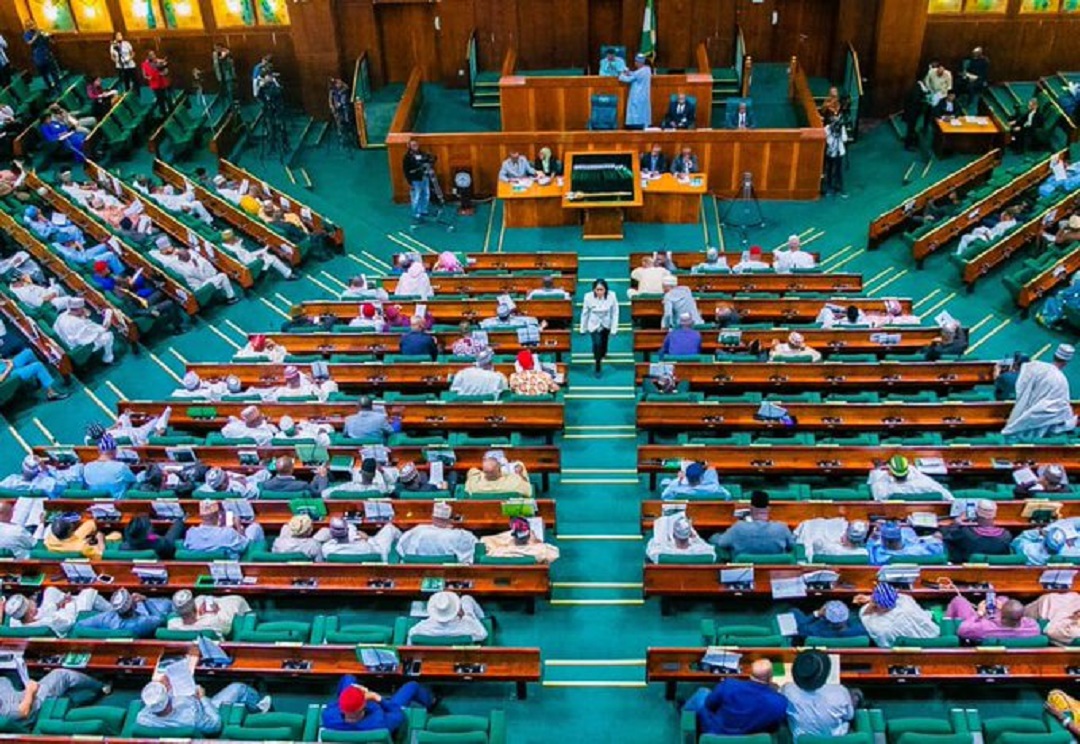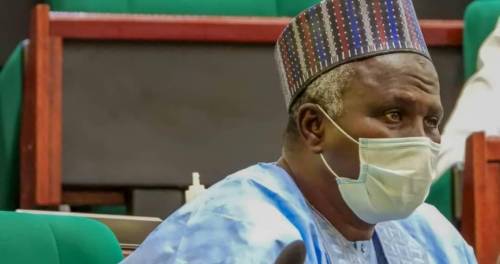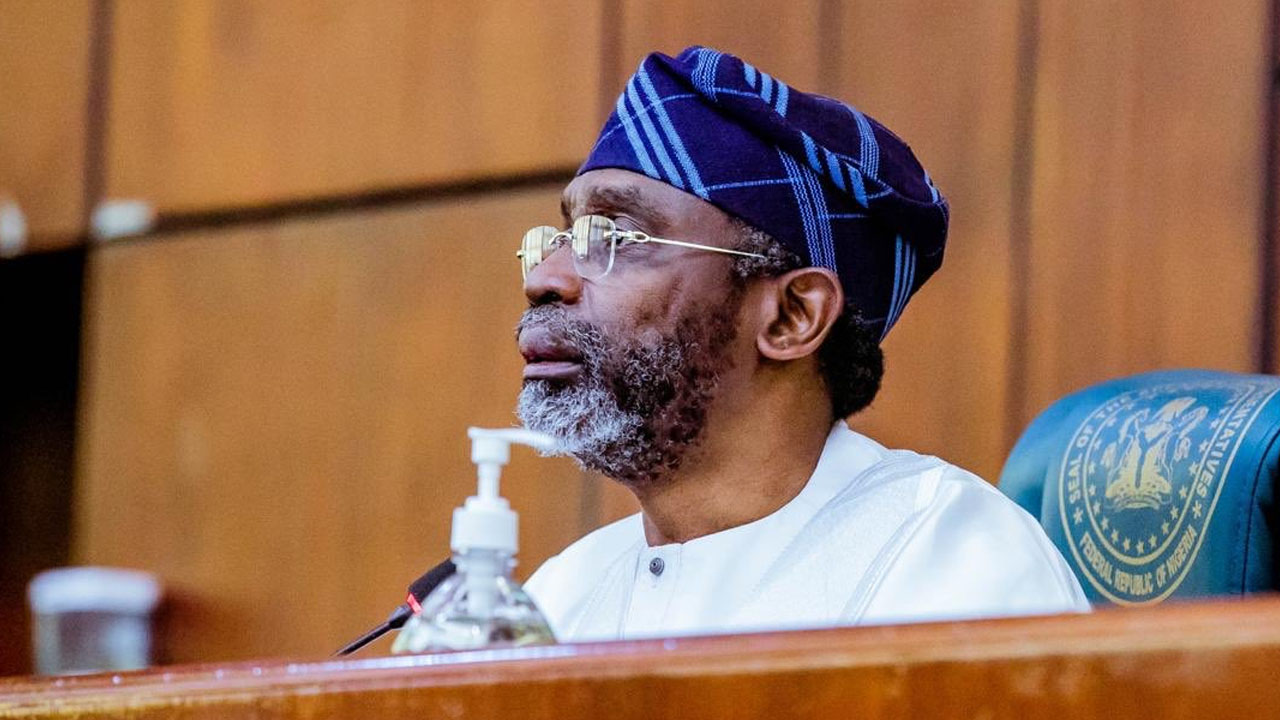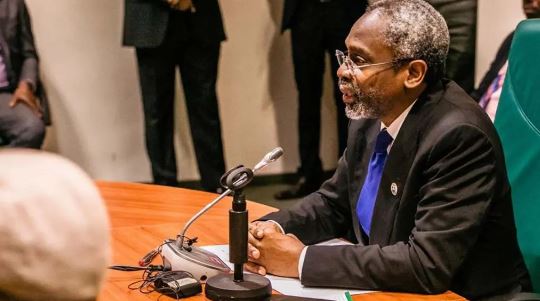News
House Of Reps Member Demand Empowerment Of Local Manufacturers
As Nigeria battles to beat the scourge of coronavirus scourge, the Deputy Minority Leader of the House of Representatives, Rt. Hon. Toby Okechukwu has urged the Federal Government to urgently empower indigenous manufacturers.
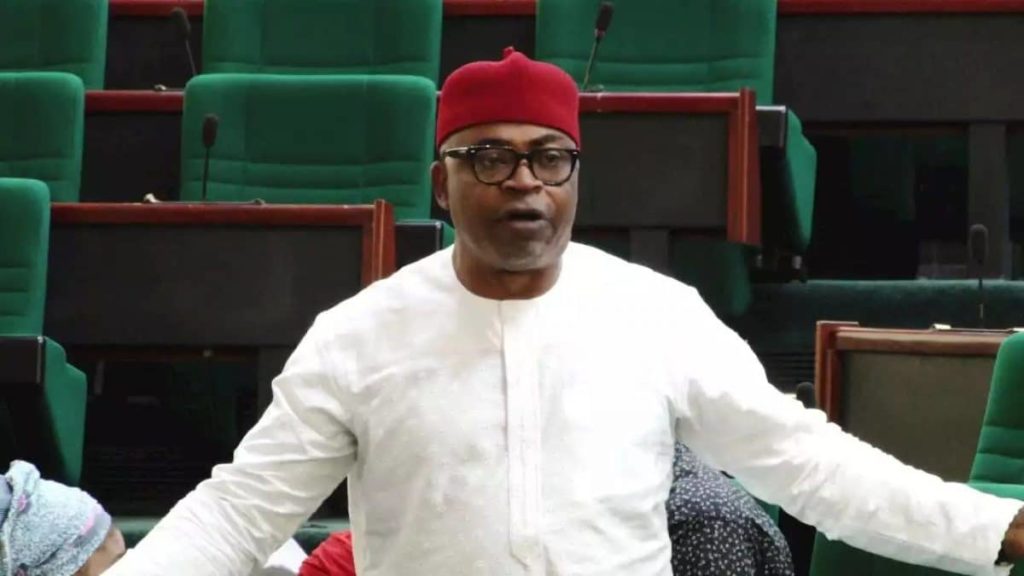
He made his feelings known in a statement made available to DAILY POST Tuesday night.
Okechukwu said this was in view of the shortage of facilities needed to fight the pandemic.
Nigeria currently has over 130 cases of the disease, with 2 deaths, even as the number keeps increasing on a daily basis.
Undertaking a review of the situation, the lawmaker said in view of the situation across the globe, the country could not depend on importation but must rely on locally sourcing of basic health equipment needed to handle the cases.
He noted that “the closure of land, sea, and air borders, and lockdown ordered by President Muhammadu Buhari for Lagos, Abuja (FCT), and Ogun, lockdown of many states ordered by their governments; and closure of schools, markets, places of worship, etc, are all impressive responses that are geared towards containment and prevention by curtailing fresh imported cases and community spread.”
Okechukwu, however, cautioned that “if the trends in other climes are anything to go by, the spike in the number of cases in Nigeria clearly means that the country has now approached the threshold of actual case management of the pandemic and we must brace up for it.
“This means that the nation must necessarily prepare for the worst and hope for the best. Our response readiness must, therefore, be more robust than it has ever been, and we must scale up the availability of resource requirements across the country particularly in the areas of testing, treatment and isolation as well as contact tracing and tracking.
“Clearly, one question that must be puzzling our “first responders” and indeed all Nigerians is: How can we source critical equipment like ventilators, test kits, among others that are required in the management of this pandemic? Reports indicate that the number of such life-saving equipment are nowhere near our requirements to manage a mild situation, let alone a dire scenario such as we have in some parts of the world. This is largely due to the sad fact that our health system is broken.
“Before now, our convenient approach would have been to import them or get help from the international community. Unfortunately, today, the world is in crisis and there is high demand for these requirements across all countries. As at the morning of Tuesday, March 30 this year, 788,054 COVID-19 cases and 37,877 deaths have been recorded globally and every country is grappling its own challenges. The nations that manufacture these equipment are in critical situations themselves and in dire shortage of supplies for their own citizens.”
He observed that “Nigeria cannot possibly turn to the United States of America, which is dealing with 164,359 cases and has recorded 3,173 deaths thus far. The Governor of the State of New York, Andrew Cuomo, recently announced that they need 30,000 ventilators, but the Federal Government had only provided 4,000.
“Therefore, the State had to procure about 3,000 manually operated bag valve masks and ordered 4,000 more. The same scenario is reflected in other industrialized countries like the United Kingdom, Italy, France, Canada and Germany, which are ramping up production of the much-needed equipment to confront this pandemic, but for their own people.
“In view of this and since we are dealing with a novel virus that is dictating the timelines, we must be ingenious in adopting a homegrown approach to deploying innovative solutions. The times call us out to think out of the box in exploring possibilities to locally manufacture some of the critical equipment we need to manage the situation.
“Necessity, they say, is the mother of invention. For example, Wales has just invented a new ventilator, a virus-killing snood to tackle coronavirus. They have equally invented a hands-free door pull. According to the BBC, the ventilator has already successfully treated a COVID-19 patient. Now backed by the Welsh Government, mass production of the snood-type mask is under way while a 3D design of the handle has been widely circulated.
“Instructively, Nigeria is also known to thrive in times of crisis as exemplified by the exploits of the defunct Eastern Region during the Civil War when the Research and Production Organisation, comprising the likes of Engineers Gordian Ezekwe, Benjamin Nwosu, Willy Achukwu and other scientists mainly from the University of Nigeria Nsukka rose to the challenge in the design and production of equipment.
“So, the best way forward for Nigeria now is to make funds available to manufacturers to retool their production lines and get to work. Only recently, America’s President Trump relied on their Defence Production Act to direct General Motors to produce ventilators. One is then tempted to believe that there may be something in the production line of assembling automobile that is suitable for manufacturing ventilators.
“Interestingly, our own Innoson Motors had offered to produce ventilators for us. Since it is not their primary line of production, it is important for the government to intervene and incentivise the company and others like it to reconfigure their production line and produce sample ventilators, test them for quality assurance and standards, and possibly mass-produce for the country.
“This can be supported by legislative enactments that can orchestrate the manufacture of essential equipment and drugs with appropriate funding for it. Even when the days of this pandemic are over, they can still be applied to use in our healthcare system. Importantly, they also become production lines that could be further developed to enhance our local content in the long run. It is a window of opportunity and it is time to get going because every second counts now.
“We are also racing against time in testing as many Nigerians as possible. The NCDC has indicated that we currently have molecular laboratories in Lagos (2), Osun, Oyo, Edo and FCT. However, it is believed that Nigeria has about 34 Polymerase Chain Reaction (PCR) laboratories across the country. What is the current of each of them? Can we repurpose them with the right equipment, instruments, consumables, etc. to enhance their capabilities to test for COVID-19? It is pleasing to note that one such virology laboratory has been repurposed and activated in Abakaliki within a few days.
“So, is it not possible to progressively do the same for others and ramp up testing across the country? We can also rely on specially trained and equipped riders (and there are organisations already active in it) to collect samples rather than appropriating scarce resources to the procurement of cars. These riders are even better able to reach our hinterlands faster and navigate through our poor road infrastructure. My point here is that our current response is largely dictated by our testing capabilities, therefore there is a sense of urgency in ensuring that we expand our capacity to test more Nigerians in every part of Nigeria.
“I strongly believe that we can join hands together to contain and eliminate this pandemic, especially if we apply creative thinking. To do that, we should explore and scale up homegrown models. We can, and will, defeat COVID-19.”
